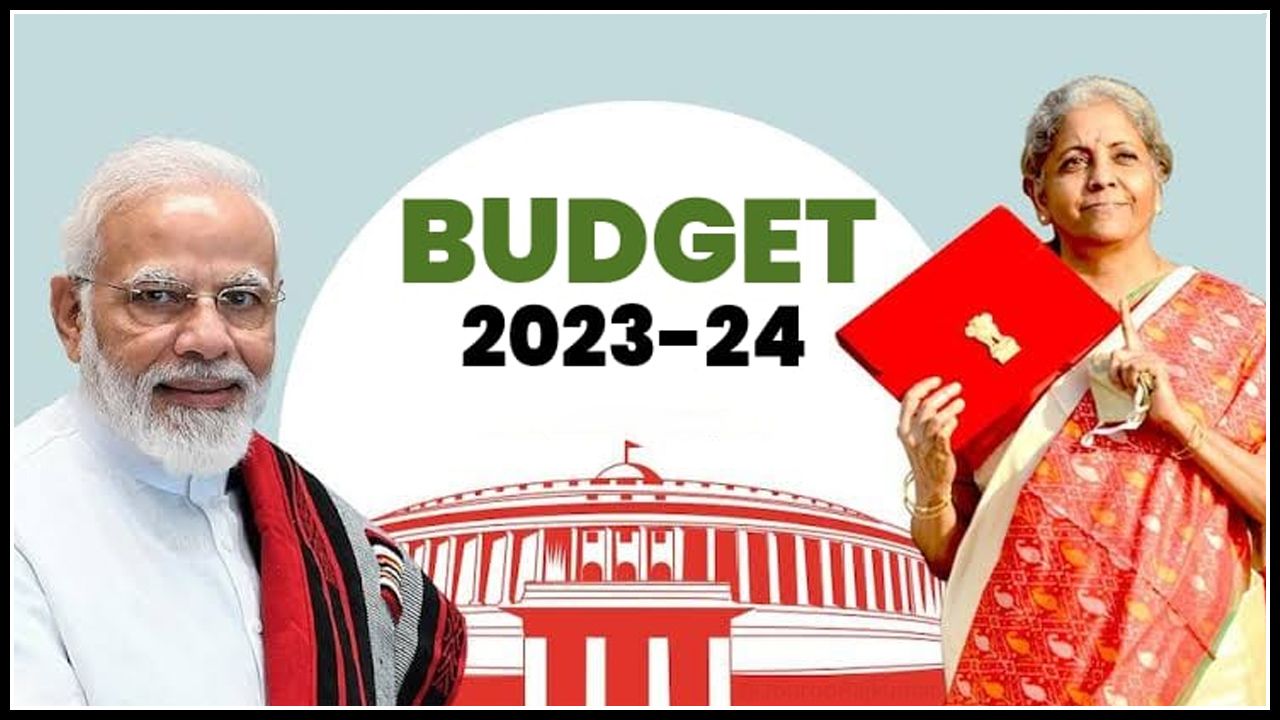- Home
- Solution
Your Brand, Our Strategy
-
Media & Visibility Solutions
-
Brand & Communication Solutions
Your Challenges, Our Smart Solutions
Let’s Talk Let’s Talk
-
- Agency
- Pricing Plan
- Media Hub

India faces an innovative and exciting future. India can boost its GDP from $3 trillion to $9 trillion by 2030 and $40 trillion by 2047 if it can use its demographic dividend to generate good jobs.
It’s a ‘yes’ but not impossible. In a fast-growing world, India is still young, opening up an extraordinary opportunity. According to the United Nations Population Statistics Database, India will add another 183 million people in the working age group (15-64 years of age) between 2020 and 2050. When we do the calculation, we find that a whopping 22 per cent of the growing global workforce will come from India over the next 30 years.
The Indian job market is at an inflexion point: of possibilities.
Despite high economic growth (CAGR of 7%) and employment growth (CAGR of 5%) between 2004 and 2018, the Indian labour market has struggled to reach its full potential for decades. The post-pandemic recovery of the labour market has been uneven across industries and geographical areas. There has been an upsurge in employment and self-employment among small traders, day labourers, and farmers, even though the recovery of wage jobs has been gradual.
This fact doesn’t, however, cloud our promising future in any way. We can give our children enormous chances and take advantage of the rising worldwide demand for technological skills if we have the right policies to create future-proof jobs and investments to build physical and digital infrastructure.
Extraordinary occasions call for extraordinary efforts.
With the 2023 Union Budget just around the corner, all eyes are on how it can pave the way for the product creation of the country’s abundant human capital.
Like Martin Luther King Jr., I, too, have a dream: a country of broad and equal opportunity for all, where everyone has a fair chance to lead a value-oriented and purposeful life. In this context, starting with the staffing industry, I have specific recommendations ahead of the Union budget for 2023.
1. Focus on job creation opportunities
Government initiatives (PLI scheme, Make in India, Atmanirbhar Bharat etc.) have certainly given momentum. However, the budget must keep pace with creating new job opportunities in all sectors.
2. Promoting better training initiatives for youth
In a situation where nearly 75% of companies report a skills gap, only 48.7% of India’s youth are employable, according to the India Skills Report 2022. If we want to give the young people of India genuine job prospects, closing this skills gap has never been more important. We anticipate that the budget will contribute more to ongoing projects (Skill India, Country Stack web portal, digital universities, etc.).
3. Industry Conditions for Staffing
The staffing industry plays an important role in opening up employment opportunities for the commoner (in general) and promoting economic growth. It also provides value-added services to businesses by helping to manage technology, skills, and other requirements. It should be given industry status.
4. Enforce labour codes with clear deadlines.
This is crucial, and it would be helpful if the federal and state governments established help desks early on to speed up adoption. My wish list also includes the following particular suggestions:
- Make appropriate amendments to the Income Tax Law that raise awareness about issuing orders within agreed time limits, especially given the commendable levels of digitization and automation achieved.
- Enable efficient reporting mechanisms and tools for 26AS, where data is voluminous, to enable transparent and accurate matching with Ledger.
- Reduce employee PF contribution to 5 per cent (from the existing 12 per cent) to provide more disposable income and fair opportunity for professionals to invest their money in other avenues.
- For The Turmoil Of The First Few Years Of GST Implementation, A Special GST Reforms Window Has Been Created.
- For major service providers, centralized GST registration will speed up and simplify compliance, reimbursement, assessment, audit, etc.
- In a world where people switch employment almost every two to three years, abolishing tipping is pointless.
- To encourage the service sector, extend the Service Exports from India Scheme (SEIS) to the fiscal years 2020–21 and 2021–22.
- Permanent stay under the IT Act on delayed regulatory despatch for Personnel Service Providers, given their undue dependence on Primary Employers
With India poised to become the most populous country with an extreme demographic dividend, it is now or never.




